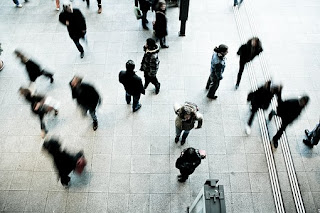Identify the prevalence, correlates, and policy consequences of an anti-vaccine social identity
https://doi.org/10.1080/21565503.2021.1932528
Commentary
This study investigates how those in the resistance movement against vaccines may identify with the label "anti-vax" in order to achieve their social goals.
Anti-vaxx social identification (AVSID) is potentially problematic because it could mean increased receptivity to vaccine misinformation and resistance to evidence-based medicine. A large, demographically representative survey ( N = 1001), proposed a new measure of AVSID and examined its prevalence and correlates.
The results showed that about 22% of Americans always (8%) or sometimes (14%) self-identified as "anti-vaccinators" (activists who support the rejection of vaccines). We also found that those who scored higher on the AVSID assessment tended to trust scientific experts less and to be more individualistic.
Finally, predictive validation analysis suggests that the AVSID is associated with increased opposition to childhood vaccine requirements among self-identified anti-vaccinators.
Comments
It is interesting to note that COVID-19 has been the catalyst for the clear statement of being anti-vaccinationist, and that studies on vaccine principles have been published in the last six months.
Many of the studies have noted that people who are not positive about vaccination have some sort of "distrust" in them, which is described as distrust of science, politics, doctors, and vaccines. In terms of epidemiology, it is explained that vaccination of a population is an important strategy to resist the target source of infection, as it results in the acquisition of "herd immunity". And while those who accept them will be vaccinated, a certain number of people will not. It is also suggested that it is important to have a better understanding of vaccines, which the author believes is not the case.
The author is in the medical profession and has avoided vaccination until now. However, when I had to take them in groups, I had no choice but to vaccinate my children, but I do not want to vaccinate them, although I have not experienced any serious harmful effects after vaccination. The only reason is that I don't like injections. However, if I had to be vaccinated, I would have no choice but to take the vaccine, but I think that is the extent of my dislike. Certainly, studies have shown the effectiveness of the vaccine in preventing COVID-19, and I have no distrust of the vaccine itself, nor am I afraid of the side effects.
I feel that some Japanese people are becoming polarized, believing in this information and having absolute trust or distrust in vaccines. With this polarization, I am shocked to see that many individuals are taking information for granted without examining or researching it for themselves.
What are your thoughts on vaccines?





